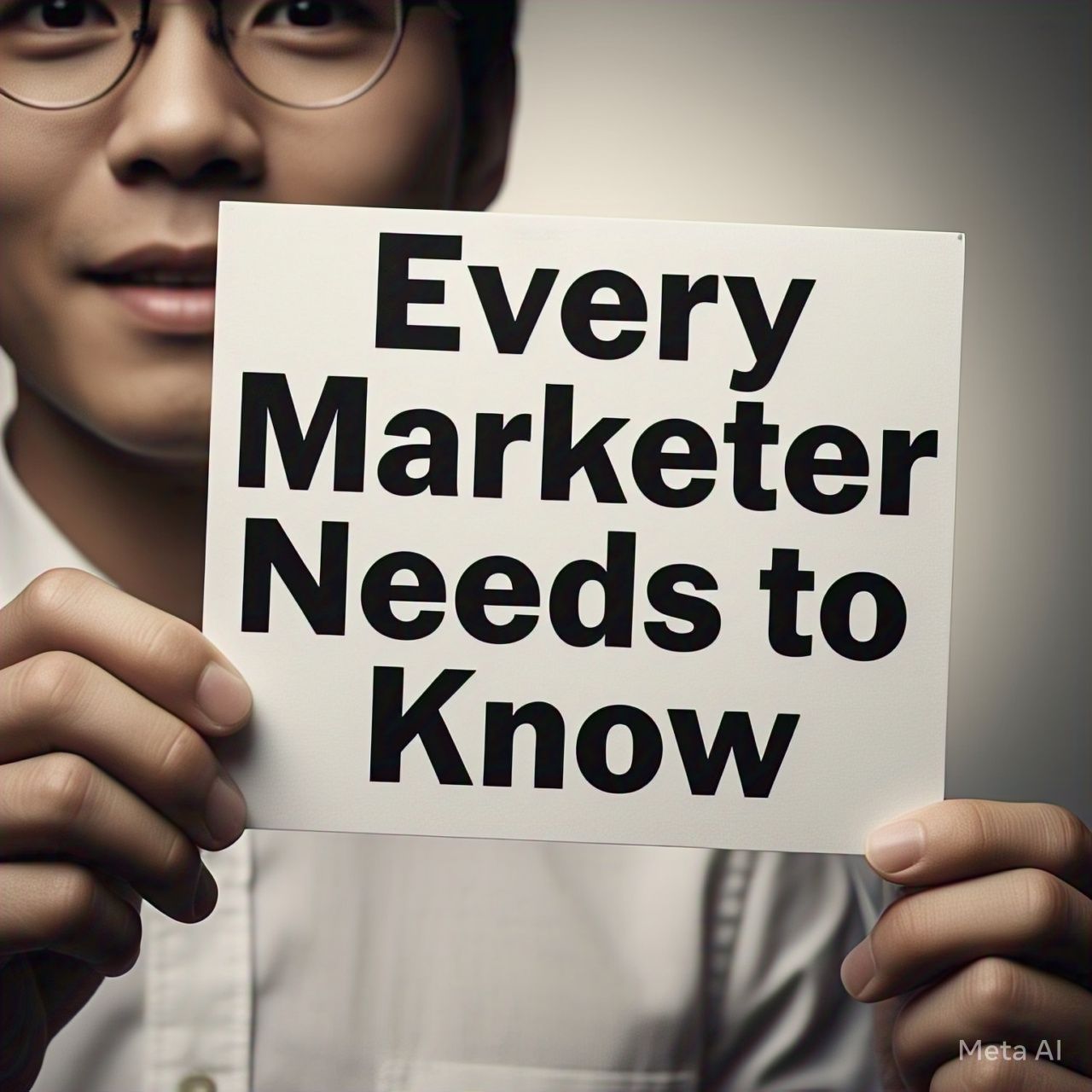SEO (Search Engine Optimization) has always been essential for online success, but as we move into 2025, the game is changing dramatically. The rise of Artificial Intelligence (AI) is reshaping how search engines operate, how users search, and how websites are ranked. If you want to stay ahead in the SEO world, understanding how to leverage AI is crucial. In this SEO playbook for 2025, we’ll guide you through the strategies that will help you master search in this AI-driven world.
Understanding the AI Revolution in SEO
In 2025, AI is not just a trend; it’s the backbone of search engine algorithms. AI technologies like Google’s BERT, RankBrain, and MUM (Multitask Unified Model) are transforming how search engines process and interpret content. These AI systems are designed to understand natural language better, evaluate user intent, and deliver the most relevant search results.
So, how does AI impact SEO, and how can you adapt to these changes?
The Shift Toward User Intent and Context
AI is changing SEO in a big way by emphasizing user intent and context. Instead of focusing solely on specific keywords, search engines are now better at understanding the meaning behind a query and the context in which it is made. This shift means that quality content that directly answers user questions or solves problems will perform better in search results.
Key SEO Strategies to Master in 2025
Here are the top SEO strategies you should adopt in 2025 to thrive in an AI-powered search world.
1. Create Content Focused on User Intent
In the past, SEO focused heavily on targeting specific keywords. But AI’s advancements mean that Google now understands the intent behind searches more clearly. For instance, if someone searches for “how to bake a cake,” Google is looking for content that provides step-by-step guidance—not just a list of random recipes.
To succeed in 2025, make sure your content answers the who, what, where, why, and how of user queries. The key is to provide high-quality, informative content that matches the context of what users are actually seeking.
2. Leverage Long-Tail Keywords and Conversational Queries
As voice search and conversational AI tools like Siri, Alexa, and Google Assistant become more popular, users are asking long-tail, natural language questions. For example, instead of searching for “best pizza in NYC,” someone might ask, “What’s the best pizza restaurant near me in New York?”
To optimize for these types of queries:
- Focus on long-tail keywords and question-based keywords.
- Use natural language and write content in a conversational tone.
- Answer questions clearly and concisely, using featured snippets to your advantage.
3. Optimize for AI-Driven Search Features (Like Featured Snippets and Knowledge Graph)
AI-powered search engines often present featured snippets at the top of search results to answer queries directly. These are the small boxes that provide instant answers to questions. To rank for a featured snippet:
- Create clear, concise answers to commonly asked questions.
- Use structured data (Schema markup) to help search engines understand your content better.
- Use bullet points, numbered lists, and tables to improve the chances of your content being pulled into a snippet.
The Knowledge Graph is another AI-driven feature that provides users with summarized, relevant information on the search results page. To optimize for it, build strong content around key topics and ensure your website’s content is well-organized and authoritative.
4. Focus on Quality and Expertise with E-A-T
E-A-T (Expertise, Authoritativeness, and Trustworthiness) has always been a factor in SEO, but as AI improves, it’s becoming even more critical. Google’s AI algorithms can now evaluate the credibility of your content and its creators more effectively.
Here’s how to improve your E-A-T in 2025:
- Publish content written by experts or credible sources.
- Gain backlinks from authoritative websites in your industry.
- Ensure your website offers clear author information and credible references.
5. Maximize Mobile-Friendliness and Page Speed
Mobile-first indexing means that Google now primarily uses the mobile version of your website to determine rankings. This makes mobile optimization essential. Ensure that your website is:
- Responsive and looks great on all screen sizes.
- Fast-loading to improve user experience and SEO. Tools like Google PageSpeed Insights can help measure and improve your site’s load time.
AI-driven algorithms will continue to prioritize websites that deliver a seamless user experience, so mobile optimization and fast page speed will remain essential SEO tactics in 2025.
6. Incorporate Video and Visual Search Optimization
AI is also revolutionizing visual search and video optimization. Platforms like YouTube are integral to search results, and search engines are increasingly incorporating visual content into their ranking factors. To keep up:
- Optimize video content by using descriptive titles, tags, and captions.
- Use image alt text, schema markup, and high-quality visuals to make your images and videos more discoverable.
- Take advantage of AI-driven visual search tools like Google Lens to ensure your images are optimized for search.
7. Understand and Use AI-Powered SEO Tools
AI is transforming how SEO professionals do their work. In 2025, using AI-powered tools for keyword research, content optimization, and competitor analysis will be crucial. Tools like Surfer SEO, Clearscope, and Frase leverage AI to help you:
- Find content gaps and opportunities.
- Generate SEO-optimized content at scale.
- Analyze your website’s performance with AI-driven insights.
Embrace the Future: AI and SEO Integration
The future of SEO in 2025 is undoubtedly AI-driven. As search engines continue to evolve with the help of machine learning and AI, businesses must adapt by creating high-quality, user-centered content and embracing new technologies to stay competitive.
The key to mastering SEO in 2025 is to focus on what matters most: delivering value to users and adapting to the AI-driven landscape. By optimizing for user intent, leveraging conversational keywords, and using AI-powered tools, you’ll be able to stay ahead of the curve and maintain high rankings in a world where AI reigns supreme.
Conclusion
SEO in 2025 is all about understanding how AI is transforming search engines and adjusting your strategy accordingly. By focusing on user intent, optimizing for AI-driven search features, and delivering valuable, authoritative content, you can ensure that your website thrives in an AI-powered search environment. Get ahead of the curve, and embrace these strategies to maintain strong SEO rankings in the future.




